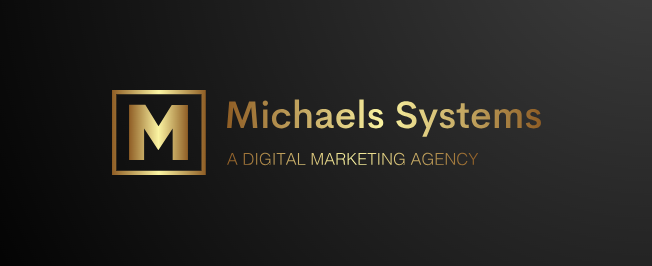What is Social Media?
Social Media Today
What is Social Media?
In the digital age, the phrase "social media" has become an integral part of our everyday lexicon. Social media encompasses a vast array of online platforms and technologies designed to facilitate communication, content sharing and community building. From Facebook and Twitter to Instagram, LinkedIn and TikTok, these platforms have transformed how we interact, consume information and perceive the world. But what exactly is social media, and why has it become such a pivotal element of modern life?
Defining Social Media
At its core, social media refers to websites and applications that enable users to create, share and interact with content and each other. Unlike traditional media such as newspapers, television and radio, social media is inherently interactive and user-driven. This interactivity allows for real-time communication and the exchange of ideas, making it a powerful tool for personal and professional networking, marketing, entertainment and news dissemination.
The Evolution of Social Media
The evolution of social media can be traced back to the late 20th century with the advent of the internet and the subsequent development of web-based communication tools. Early platforms such as Six Degrees, Friendster and MySpace laid the groundwork for more sophisticated networks by allowing users to create profiles, connect with friends and share content.
The launch of Facebook in 2004 marked a significant milestone, introducing features that promoted extensive social interaction and user engagement. Twitter followed in 2006, popularizing the concept of microblogging and real-time updates. Instagram, launched in 2010, brought a new focus on visual content, while LinkedIn, created in 2003, established itself as the go-to platform for professional networking.
In recent years, platforms like TikTok have emerged, emphasizing short-form video content and viral challenges. The continuous innovation and adaptation of these platforms highlight the dynamic nature of social media.
The Key Features of Social Media
- User-Generated Content: One of the defining characteristics of social media is that the content is primarily created and shared by users. This includes text posts, images, videos, links and more. The democratization of content creation empowers individuals to share their perspectives and experiences widely.
- Networking and Connectivity: Social media platforms are designed to connect people. Whether it's reconnecting with old friends, making new ones or expanding professional networks, these platforms offer numerous ways to stay connected.
- Community Building: Social media enables the formation of online communities around shared interests, causes or identities. These communities can be a source of support, knowledge, and camaraderie.
- Real-Time Communication: The immediacy of social media allows for real-time communication, making it possible to share updates, news and events as they happen. This feature is particularly valuable for breaking news and live event coverage.
- Interactivity: Social media is not a one-way street. Users can comment, like, share and engage with content, fostering a dynamic and interactive user experience.
The Impact of Social Media
Social media has profoundly impacted various aspects of society, culture and daily life. Here are some of the most notable effects:
- Communication and Relationships: Social media has revolutionized the way we communicate. It has made it easier to stay in touch with family and friends, no matter where they are in the world. However, it has also introduced new challenges, such as the potential for misunderstandings and the blurring of public and private boundaries.
- Information and News: Social media has become a primary source of news and information for many people. It offers a platform for diverse voices and perspectives but also raises concerns about the spread of misinformation and fake news.
- Marketing and Business: Businesses use social media for marketing, brand building and customer engagement. Social media advertising allows for targeted campaigns based on user data, making it a powerful tool for reaching specific audiences.
- Culture and Society: Social media influences culture by shaping trends, public opinion and even social movements. Hashtags like #MeToo and #BlackLivesMatter have demonstrated the power of social media in mobilizing people and raising awareness about critical issues.
- Mental Health: The impact of social media on mental health is a topic of ongoing debate. While it can offer support and community, excessive use has been linked to anxiety, depression and a sense of inadequacy.
The Future of Social Media
As technology continues to evolve, so too will social media. Emerging technologies such as augmented reality (AR), virtual reality (VR) and artificial intelligence (AI) are likely to shape the future of social media, making it more immersive and personalized. Additionally, concerns about privacy, data security and the ethical use of algorithms will play a significant role in shaping future developments.
Social media is more than just a collection of websites and apps; it is a fundamental aspect of modern life that influences how we communicate, connect and perceive the world. Understanding its complexities and implications is crucial as we navigate the digital age.
Contact us today to see what Michaels Systems can
do to manage your social media and increase your bottom line!
Call us at 440-645-6659 for a consultation.
